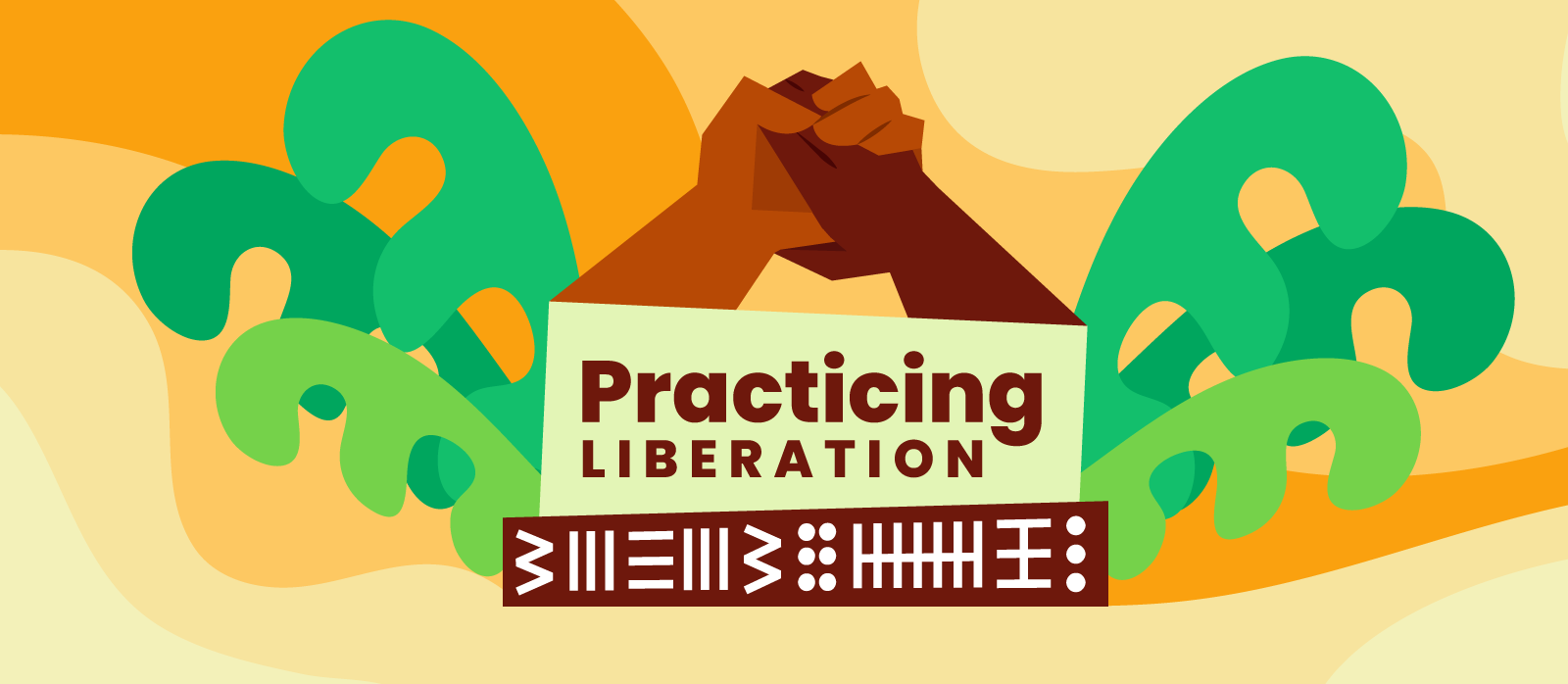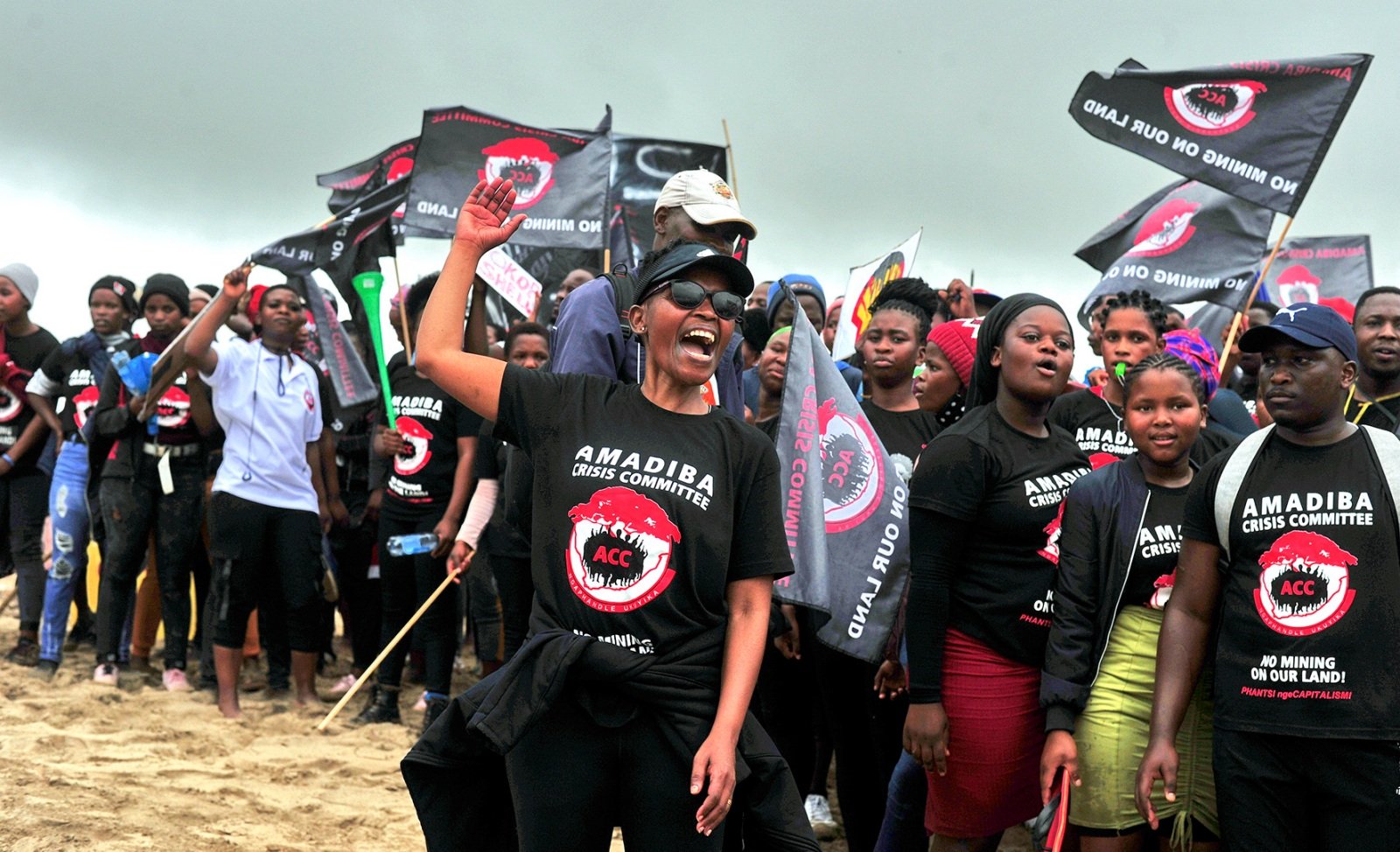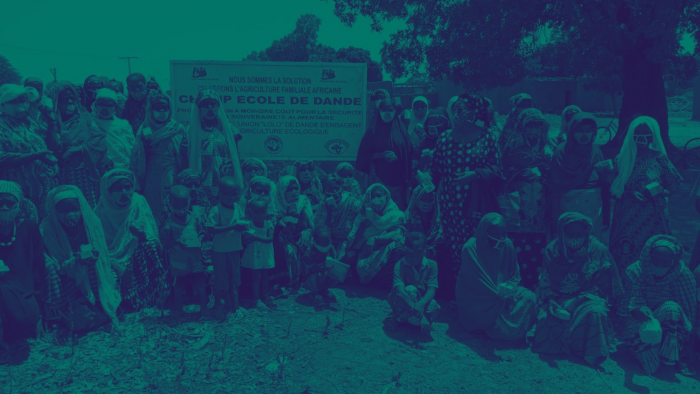By Zahra Dalilah, Former African Diaspora Partnerships Manager
How Can We Practice Liberation?

September 20, 2021
In recent months the climate crisis has raged on with wildfires, floods, and earthquakes devastating Haiti, St Kitts, Canada, the U.S., Greece and Germany, to name a few. As homes, lives and crops are lost, we are reminded that putting people before profit simply cannot continue if humans want to continue calling this earth home.
The current exploitative approach to ‘land use’ pushes the notion that endless drilling and extraction, poisoning of lands, and eradication of vital Indigenous knowledge and ecosystems can simply be waved away with carbon credits. This is exploitative, patriarchal, and deeply flawed. Still, this approach persists as a key contributor to the false solutions that prevent real change and much-needed radical transformation in society.
Meanwhile, African, Afrodescendant, and Black peoples have long been experimenting, embodying, and protecting liberatory economic practices that offer real solutions to our economic and ecological crises. These solutions include: centering relationships with the land, rooted in care and mutuality; redefining labor relations as equitable, communal, and reciprocal; and ensuring each member of society can be cared for and looked after.
The work of the Africa program at Thousand Currents is grounded in the belief that Africans have the solutions to not only African problems, but to all global problems too. We urgently need to move away from the extractive capitalist economy and we are certain that African, Afrodescendant, and Black ingenuity can provide a path to this end. Africans in the Diaspora commissioned Angolan feminst economist Âurea Mouzinho to explore the liberatory African, Afrodescendant, and Black economic practices that are modelling necessary practices that can sustain the wellbeing of our bodies and our environments at a time where both are under threat.
The long form article entitled ‘Practicing Liberation: A Survey of Contemporary African, Afrodescendant, and Black Liberatory Economic Practices’ was published on August 31st on the Africans in the Diaspora website. Decentering capitalism “as a reference point against which all other forms of economy must be defined,” this article boldly imagines emancipatory economic concepts defined as “a series of relations, institutions and practices oriented towards the sustenance of livelihoods.”
Through practical, living examples, Âurea shows us how the economy can be nourishing and caring while also centering the physical, emotional and spiritual needs of people and Mother Earth. Taking a pan-Africanist, anti-colonial, feminist lens, she paints a picture of a world where collective work triumphs over individualism, and solidarity creates the basis for exchange. Our grassroots partner Nous Sommes La Solution, a West African movement of women farmers, is one example of a constellation Âurea looks into. Their agroecological and organizing practices show how solidarity, community and a relationship to the land that nourishes and sustains, can be central pillars for our society.
Âurea’s guide of exemplary practices lift up community, cooperation, ecology and land as foundational values underpinning the work. Flipping what she calls the “definition of land as private property; the cornerstone of capitalist social relations”, the paper shares the stories of Indigenous communities of African descent whose reciprocal relationship with the land constitute an anchor to their existence. Laudessandro Marinho of the Quilombola community, Ivaraporunduva, in Brazil puts this plainly saying: “you work on the land, and that very land welcomes you.”
As well as exploring what it looks like to enact and live out liberatory political ideologies, Âurea also looks at experiments in African, Afrodescendant, and Black economic emancipation. She shines a light on the creative ways that communities have undermined and subverted the capitalist system by citing solutions such as saving circles, cooperatives and land reclamation movements. Such initiatives demonstrate how communities can create pockets of sustenance and resilience within a broader oppressive structure.
In a time of ever more urgent climate crisis, Âurea Mouzinho’s examples provide the antidotes to the crisis of colonial and patriarchal false solutions. Built through conversations between Africans, African feminists, Afrodescedent, and Black peoples, this article weaves past to present to future, sketching out a way to follow forward on the footsteps of giants.
As we continue to prepare for ever-more devastating climate catastrophes, we must learn to discern between real leadership and hard power, and between transformative solutions and short-term self-preservation. Aurea’s words shine a light on exactly where we should be looking for both real solutions and real leaders, in real-time.
Related Stories

March 28, 2022 —
Africa
What Right Do We Have to Avoid Risk When Movement Leaders Face Death for Daring to Make Change?

February 8, 2022 —
Africa
Dissecting Success: Shell vs the Wild Coast and how the corporation was stopped (for now)

June 15, 2021 —
Africa
History Repeating Itself in Africa with COVID-19 Crisis
